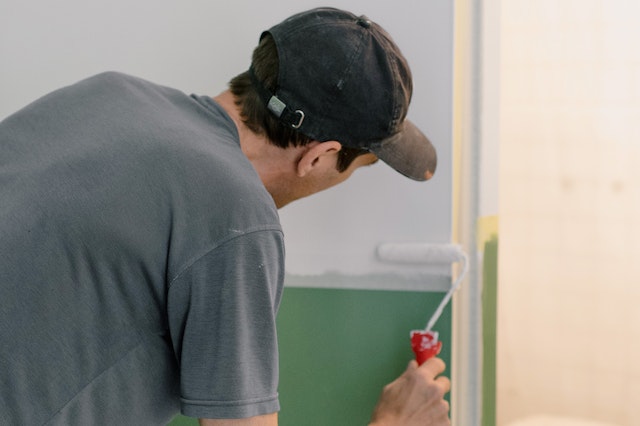Imagine: You’re getting ready to embark on a journey that will turn your house into a dream home. You’ve laid out all your plans, budgeted for months, and watched many a YouTube and TikTok tutorial. You want to do this yourself, and you want to do it right.
Don’t get started just yet. Put the power tools away. You need to make sure you’re operating legally.
Home renovations range from simple little DIY hacks all the way up to an investment in the thousands. What you are doing and how much helps determine if you need a permit or a full-on license before you get started.
The Hierarchy of Legal Documents
If you’re doing something simple, like switching out the light plates and outlet covers, you don’t need to worry about paperwork. But the more intense your project, the more you have to prepare for it.
Anything that will total over $3,000 most likely needs a building permit; over $25k, Tennessee requires a contractors license. Many companies offer a Tennessee contractors license test prep course to help you ace the actual test and get certified on your first try.
Permits and licenses help ensure that your project will be up to code. They require approval from an inspector and the department. If you aren’t sure whether you need anything, you should call a local inspector or the permit department and ask. Odds are, they are more than happy to answer questions and help you figure things out. They will also let you know what you need to apply.
An Extra Step in Planning
If you want to remodel parts of your home, you should get an idea of what you want, tally up an estimate, and check to see if you need a permit. Permits do have fees that cannot be refunded, so you want to be sure you’re getting the right thing.
You will want to check any HOA bylaws or city ordinances before you begin, as well. There’s little worse than putting hundreds of dollars into a project only to have your HOA threaten legal action.
If the remodel is just a personal project, but you need a contractor’s license, then you’re better off seeking out a licensed contractor to help you. You will save money in the long run and ensure a safe working environment. You can get a special homeowner’s permit, but you risk causing thousands of dollars of damage to your home and voiding your home warranty if things go wrong.
When to Call in the Pros
DIY can be empowering, and a lot of homeowners love getting their hands dirty. But some projects are best left to professionals instead. Anything involving key infrastructure, large electrical challenges, or major plumbing changes should be left to a licensed contractor.
Now, if you want to start a business in these fields, in remodeling, or in flipping houses for rent or resale, then start with a Home Improvement License for smaller projects while you learn the tricks of the trade. You will need to pass the exam for a Tennessee Contractors License before you can take on major projects. Many contractors are always looking for new workers who want to learn the trade and will happily take you under their wing so you can work your way up the ladder and learn from experienced mentors.
How to Get a Building Permit
The process varies a bit by city and region, but some things remain the same. Your city should have a department specifically for getting building permits, and a local inspector should be available to help prepare you for the application. Likely, the inspector will know how much the permit costs, as well.
Draw up a detailed remodeling plan, including cost estimates and details of the property. Look online to see what the department requires for an application to make sure you have everything ready to go. Then, get an inspector to look everything over and give the OK. You can generally apply for permits in the office, online, or through the mail.
Once you have your permit, you need to display it somewhere easily visible and accessible. Slide it into a protective sheet and stick it in a window or on a visible wall. You will need to have your project inspected at certain milestones, and the inspector needs to see your permit when they visit.
If you decide to go all in and earn your Tennessee contractor license, you will need to use the number for your license in any advertisements and business-related communications. Many contractors keep their license numbers on their business cards and email signatures.
Renovating your home can be delightful and stressful. Help reduce those stress levels by ensuring you have all the proper paperwork and meet your neighborhood’s requirements.

